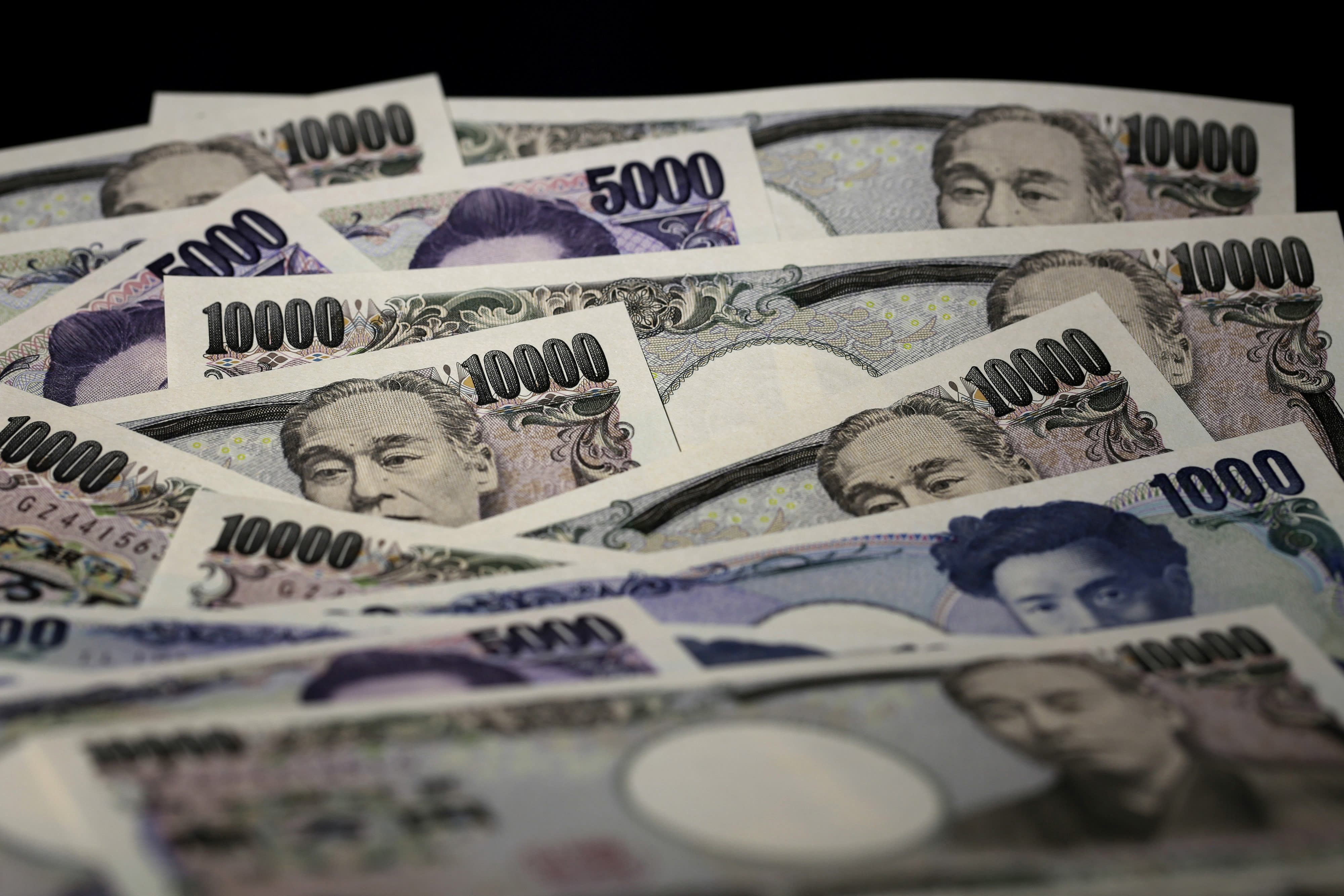
SINGAPORE — The Japanese currency will not likely strengthen significantly unless there’s a “negative shock,” according to Nikko Asset Management’s John Vail.
As of Tuesday morning Singapore time, the Japanese yen traded at 104.70 per U.S. dollar.
“It would take quite a shock to get (dollar- yen) down to say the 100 level, a negative shock. It’s been very steady in the 104 to 106 region for quite some time and seems like people are satisfied with that level,” said Vail, who is chief global strategist at Nikko Asset Management.
Japan’s economic leadership is also very averse to a strong yen, Vail told CNBC’s “Squawk Box Asia” on Monday.
Japan’s central bank governor Haruhiko Kuroda is “extremely against yen strength” while incumbent Finance Minister Taro Aso is also “very much against” a strong Japanese currency, he pointed out.
Furthermore, any appreciation in the Japanese currency is “not good” for the country’s exporters, the strategist said.
A stronger currency makes a country’s exports more expensive and less competitive in international markets.
“If (the yen) went down to 100 for some reason … and there wasn’t a massive reaction from the Japanese officialdom, then it would … tend to hurt exporters,” Vail explained.
Foreign confidence in Suga
Japan has also seen a recent return of foreigners into its equity markets, according to Vail.
“In the last couple of weeks (foreigners have) actually become quite more engaged and that’s helping boost the stock market,” he said.
Part of that could be credited to confidence in the country’s prime minister, Yoshihide Suga.
“I think one reason why foreigners are coming back into the market is because they’ve now realized that (the prime minister is) quite a reformist,” the Nikko strategist said, highlighting efforts such as Suga’s digitalization push.
“Foreigners are definitely much more confident about his abilities and reform in Japan going forward,” Vail said.
Source: CNBC
